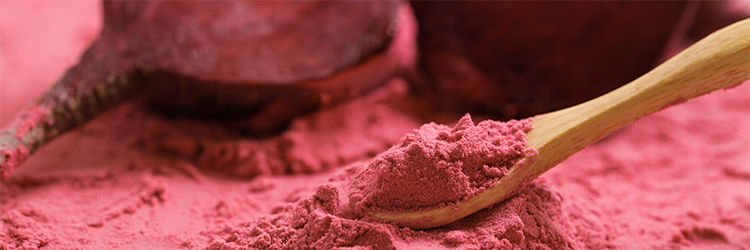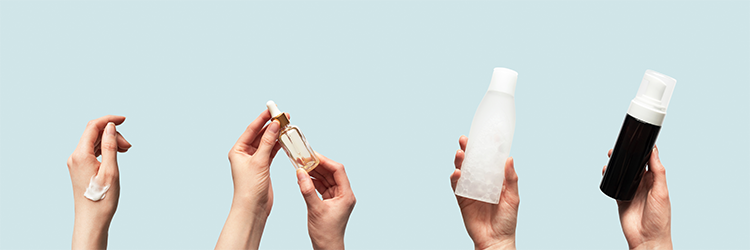
Disclaimer: None of the information in this article constitutes medical advice. All statements are merely the opinion of the writer(s). We recommend that patients follow their doctor’s guidance in regard to pain relief.
There are a large number of analgesic (pain-relieving) creams available on the market, but consumers may be wary about whether a cream applied to the skin can really reduce pain in the same way a pill or other medication can. Many pain relief creams make bold and unproven health claims which can further this concern.
But can creams applied to the skin actually reduce pain, and if so, what ingredients are shown in medical studies to have that effect? Are drugstore creams better options than more novel pain relief creams like CBD? What do medical experts have to say about pain relief creams? And how do real users rate and describe the effects of various pain relief creams?
In this article we’ll answer all of these questions and more as we analyze medical studies on pain relief creams to highlight certain ingredients that consumers should look out for, because they have a strong research backing.
We’ll feature some YouTube videos with medical experts discussing pain relief cream, as well as some unsponsored user reviews of various pain relief creams.
Which Ingredients are Shown to Relieve Pain?
There are several compounds that have been shown in medical studies to relieve pain when applied topically.
Menthol is a compound that’s derived from plants like peppermint, and was shown in a 2018 to produce a “cooling sensation” when applied to skin, and to desensitize pain receptors.
A published in the Journal of Sport Rehabilitation found that menthol decreased pain scores by over 10% after one single application.
This ingredient is in a large number of drugstore pain relief creams, including Vicks VapoRub and Bengay.
CBD, short for cannabidiol, is a compound primarily derived from the hemp plant which has been studied for its effectiveness in relieving pain when applied topically. A 2020 on patients with chronic back pain described the following:
“Hemp-derived CBD in a transdermal cream provided significant symptom and pain relief for the patients described in this case series.”
A published in the Current Pharmaceutical Biotechnology journal reported that a CBD cream provided “significant improvement in pain and other disturbing sensations” in patients with peripheral neuropathy.
Lidocaine is another well-studied topical pain relief compound.
A 2021 described topical lidocaine as being “widely used in current practice for a variety of pain conditions.”
Another found that topical lidocaine was effective in relieving pain from skin burns:
“Our results indicate that topical lidocaine cream offers significant pain relief of long duration without associated systemic side effects.”
Based on the available research, we would recommend that patients searching for pain relief creams choose a brand that has one of the above-mentioned active ingredients.
We also recommend that users pay attention to the amount or strength of the active ingredient in the products. Topical lidocaine, for example, is often found at 4% strength and called “maximum strength” but 5% lidocaine products are also available.
We Tried Pain Relief Cream Ourselves

As the author of this article, I wanted to try pain relief cream myself to share my thoughts on its effects and the overall experience.
I play full-court basketball for several hours at a time, and when I do so on back-to-back days, I often get shin splints. I wanted to see how effective this cream would be at relieving that pain.
I found a cream that contained CBD and menthol at appropriate doses, so I figured that would be a good option to try.
I applied the cream to my shins on the second day of a back-to-back workout.
I experienced a slight relief in pain and discomfort, but not enough to justify the cost. Since my shin splints aren't too extreme, just resting them is a better solution for me.
For people with more severe pain, this type of cream may be worthwhile.
I strongly disliked the smell of the cream and how the cream would stick to my socks and clothing. It really only works if you can apply it to a part of the body that doesn't need to touch clothing for several hours.
Overall, I don't plan to purchase this product again.
Medical Experts Discuss Pain Relief Creams
A YouTube video from the “Talking With Docs” channel discusses the best topical medications for pain relief:
A Good Morning America segment features a doctor discussing whether CBD cream can relieve pain:
Our Clean Anti-Inflammatory PicksWe receive compensation when readers purchase the products or services we recommend.

Illuminate Labs Ceylon Cinnamon Extract is our top anti-inflammatory supplement.
Cinnamon was shown to reduce inflammatory markers in a 2020 . The study authors concluded that “Cinnamon could be regarded as a safe supplement to relieve pain.”
Cornbread CBD Lotion is our top anti-inflammatory skin lotion.
Cannabidiol (CBD) is to be effectively absorbed through the skin, and CBD caused "significant improvements in pain" when applied topically in a 2020 .
Both of the products recommended in this section are entirely free of ingredients that we consider to be unhealthy.
Real People Try Pain Relief Cream
A YouTube creator named Izzy Kornblau who has chronic pain reviewed four topical pain treatments to share her thoughts on which one is the best:
A YouTube creator named “Footless Jo” who also suffers from chronic pain shared her thoughts on a different set of pain relief creams:






















































































































































































































































































































































































































































































































































































































































































































































































































































































































